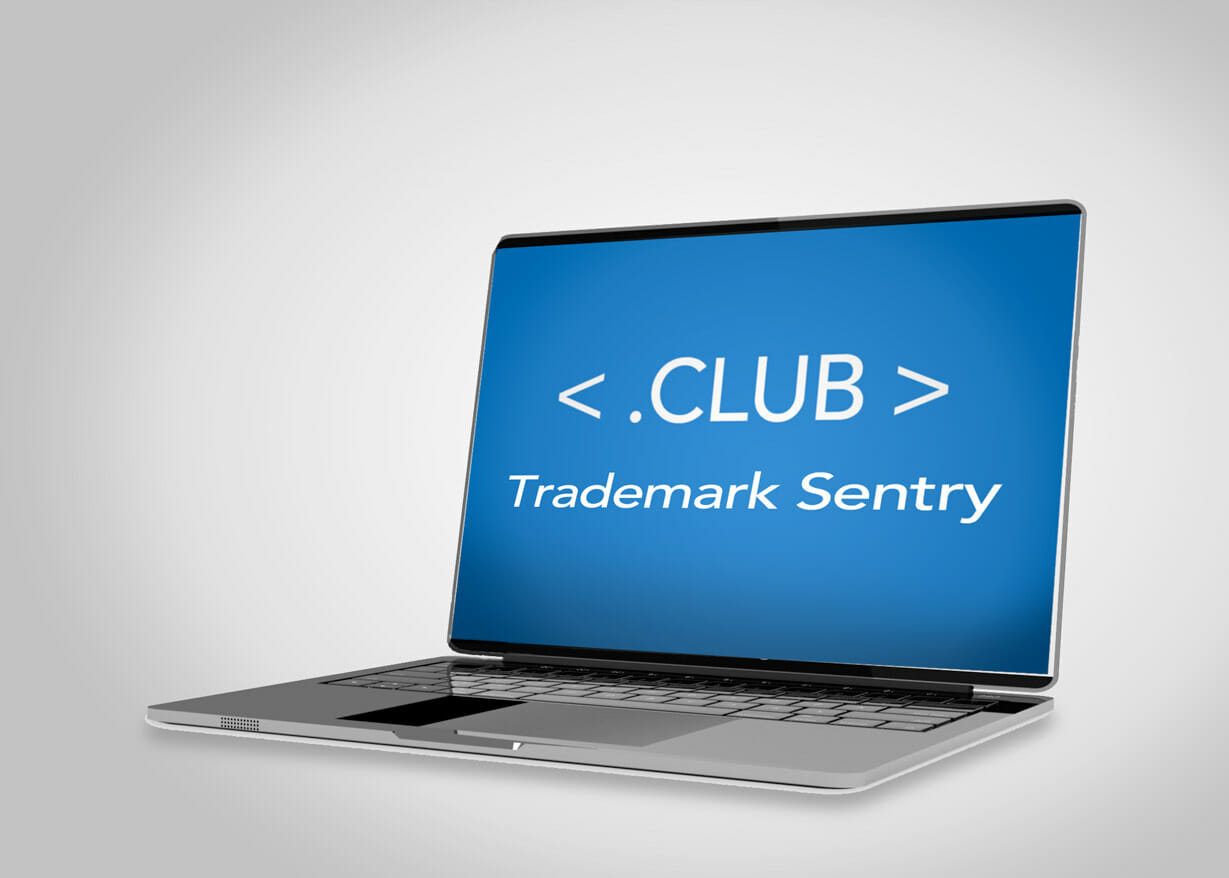.CLUB Announces a New Trade Mark Blocking Service — But How Useful Will it Really Be?
By Susan Payne, Head of Legal Policy
When the New gTLD Program launched, the rights protection mechanisms (RPMs) that were mandated by ICANN for the new registries were specifically acknowledged to be a floor and not a ceiling. Section 2.8 of the Registry Agreement provides that a “Registry Operator may, at its election, implement additional protections of the legal rights of third parties”, subject to approval from ICANN. A number of Registry Operators have done this, the latest being .CLUB, which announced its new Trademark Sentry Unlimited Name Blocking Service on 6 May. Efforts to offer greater than the minimum protections to trade mark owners are always of interest – particularly when ICANN’s long-running RPMs Review seems increasingly unlikely to deliver real improvements for brand owners.
What is the Trademark Sentry?
Trademark Sentry is a registry-specific blocking service that will allow the owner of a US-registered trade mark to block that mark appearing within any portion of a .CLUB domain name, thereby protecting, according to the registry, “trillions of permutations of a qualified trademark”.
The suggested retail price for this blocking service is $2000 per trade mark, however there may be discounts available for a brand owner wishing to protect multiple marks. It will also be possible to add protection for a “qualified misspelling” at a 50% discount. Blocks will last for 3 years; however the remainder of 2019 will be covered for free, and there is a $500 reduction for those who sign up before 1 October 2019.
Trademark Sentry Limitations
Once you get into the detail, there are a number of disqualifying factors and other conditions that significantly limit the applicability and attractiveness of Trademark Sentry. These include:
- The trade mark owner must be able to provide proof of a US registration that is in use.
- The mark must be 5 characters or more, so short trade marks are excluded.
- To qualify, marks must be “fanciful” as defined by the US Patent and Trademark Office (USPTO), i.e. a made-up word. Dictionary words and common phrases do not qualify, although marks that are non-fanciful may be protected if, when combined with another word, the combination is sufficiently unique. The example given is “AppleComputer” – meaning that the permutations protected must include this whole phrase.
- The mark will be refused if it would cause premium names to become unavailable; and, of course, the designation of names as premium is entirely within the control of the registry operator.
- Another ground for refusal is that trade marks already registered to third parties within the USPTO would be unfairly blocked.
- The mark will also be refused if, in .CLUB’s sole discretion, it would unfairly interfere with third parties’ non-infringing activity. Given the natural meaning of “club”, a number of .CLUB domains could be expected not to be infringing, even if they incorporate a well-known brand.
- .CLUB also reserves the right, at any time, to unblock a single or set of domain names associated with a blocked label, without any refund.

So, is Trademark Sentry a real benefit for brand owners?
Many brand owners will be disqualified from Trademark Sentry from the outset, by virtue of one or more of the factors referred to above. For those who own a US-registered fanciful and unique mark, how much of a benefit is this likely to be? .CLUB, in its marketing materials, emphasises the cost of a UDRP. Compared to this, a payment of $2000 for a service, which will block multiple domains containing the mark for 3 years, could represent reasonable value for a brand owner whose mark is widely targeted by cybersquatters.
The drawback is that this block will only be across a single registry. What brands really need is for registry operators to come together and offer a universal, truly global block that applies across all the open registries and at a reasonable price that a trademark owner with multiple brands can afford.
For most brand owners, therefore, the .CLUB Trademark Sentry is likely to miss the mark, and, given the extensive limitations and restrictions, one has to wonder whether the motive is more to publicise the registry than it is to deliver genuine brand protection.